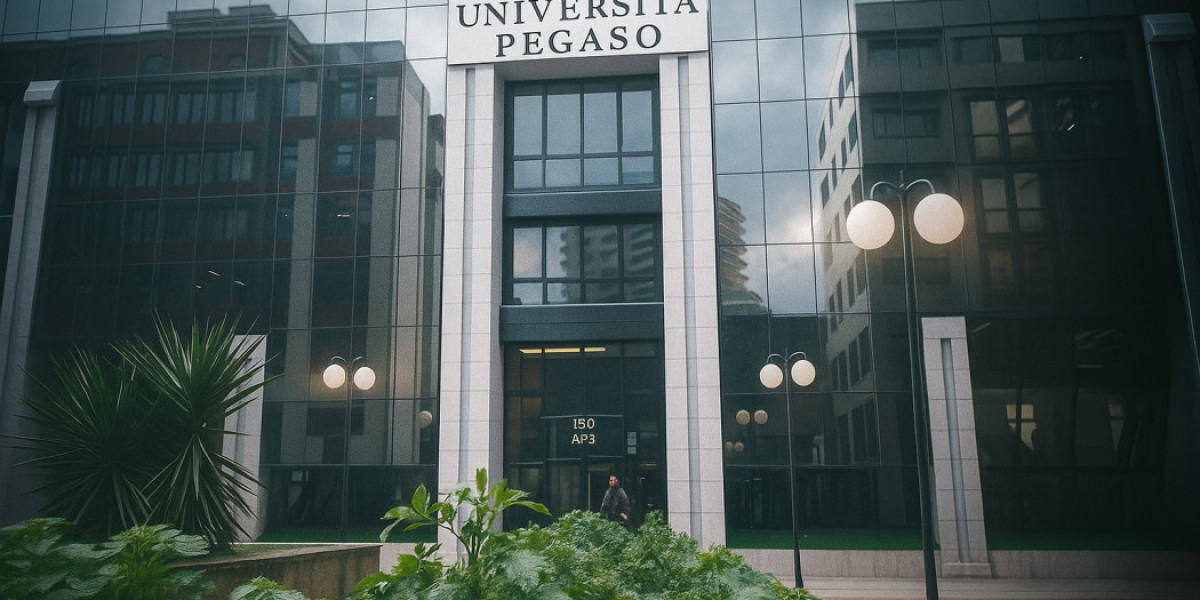The rise of online universities has changed the face of higher education in Italy and across the world. Institutions such as Università Telematica Pegaso, Università Mercatorum, and many other e-learning platforms have attracted thousands of students seeking flexible study options. However, with this rapid growth, concerns about “università online truffa” (online university scams) have also emerged. Students often struggle to understand whether they are enrolling in a legitimate institution or falling victim to false promises.
Why Online Universities Attract Students
The digital model appeals to a new generation of learners. Online universities allow students to balance work, family, and study commitments. Courses can be accessed from anywhere, exams are often available in multiple centers, and tuition fees are generally lower compared to traditional universities. These advantages make the model attractive, especially for working professionals and international students.
However, the same benefits that draw students also create opportunities for fraudulent operations. Fake institutions exploit people’s desire for quick, affordable degrees, sometimes offering diplomas with little or no academic value.
Warning Signs of a Potential Scam
Lack of Accreditation – In Italy, legitimate online universities must be recognized by the MIUR (Ministry of Education, Universities and Research). If the university is not listed on official government websites, it is a red flag.
Promises of Fast Degrees – Institutions claiming you can obtain a bachelor’s or master’s degree in a few months are usually fraudulent. Serious universities require years of structured study, even online.
Unclear Tuition Costs – A serious university will have transparent fee structures. Fraudulent institutions often hide costs or pressure students into paying large upfront fees.
Absence of Physical Offices or Exam Centers – Even online universities must have official headquarters and accredited exam centers in Italy or abroad.
Poor Communication and No “Redes Sociales” Presence – Today, most universities maintain active social media accounts and student support channels. If an institution claims “Redes sociales no tenemos” (we have no social networks) and avoids transparency, caution is advised.
How to Verify a University
Check MIUR Lists: The Ministry regularly updates accredited universities. Pegaso, for example, is listed as an authorized telematic university in Italy.
Read Student Reviews: Independent forums and websites provide authentic feedback. Searching for “Pareri su UniPegaso” or similar keywords can reveal honest opinions.
Contact Alumni: Speaking with past students can help you understand the real value of the degree.
Investigate Legal Cases: Some universities, like Pegaso, have faced court investigations. While not all cases mean the university is fraudulent, they are important to consider before enrolling.
Balancing Opportunity and Risk
The fear of “università telematica truffa Italia” is understandable, but it should not discourage students from exploring legitimate online education. Universities such as Pegaso, Mercatorum, and eCampus provide valid, recognized degrees. The key is to conduct thorough research before enrolling.
Conclusion
Online learning offers freedom and flexibility but requires caution. Students must be vigilant against false promises and fraudulent practices. By verifying accreditation, researching carefully, and recognizing warning signs, they can avoid scams and invest in an education that truly adds value to their careers.








